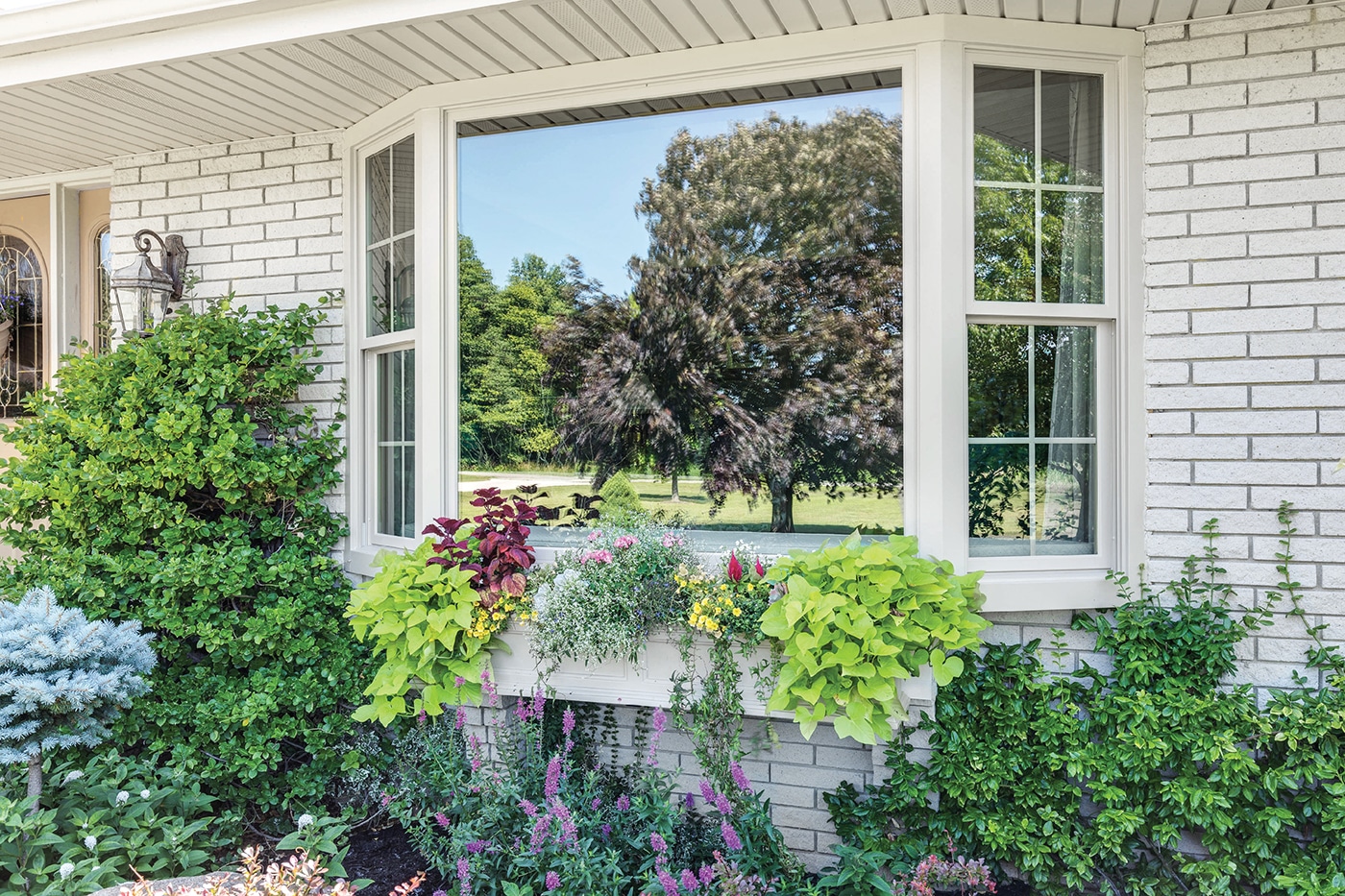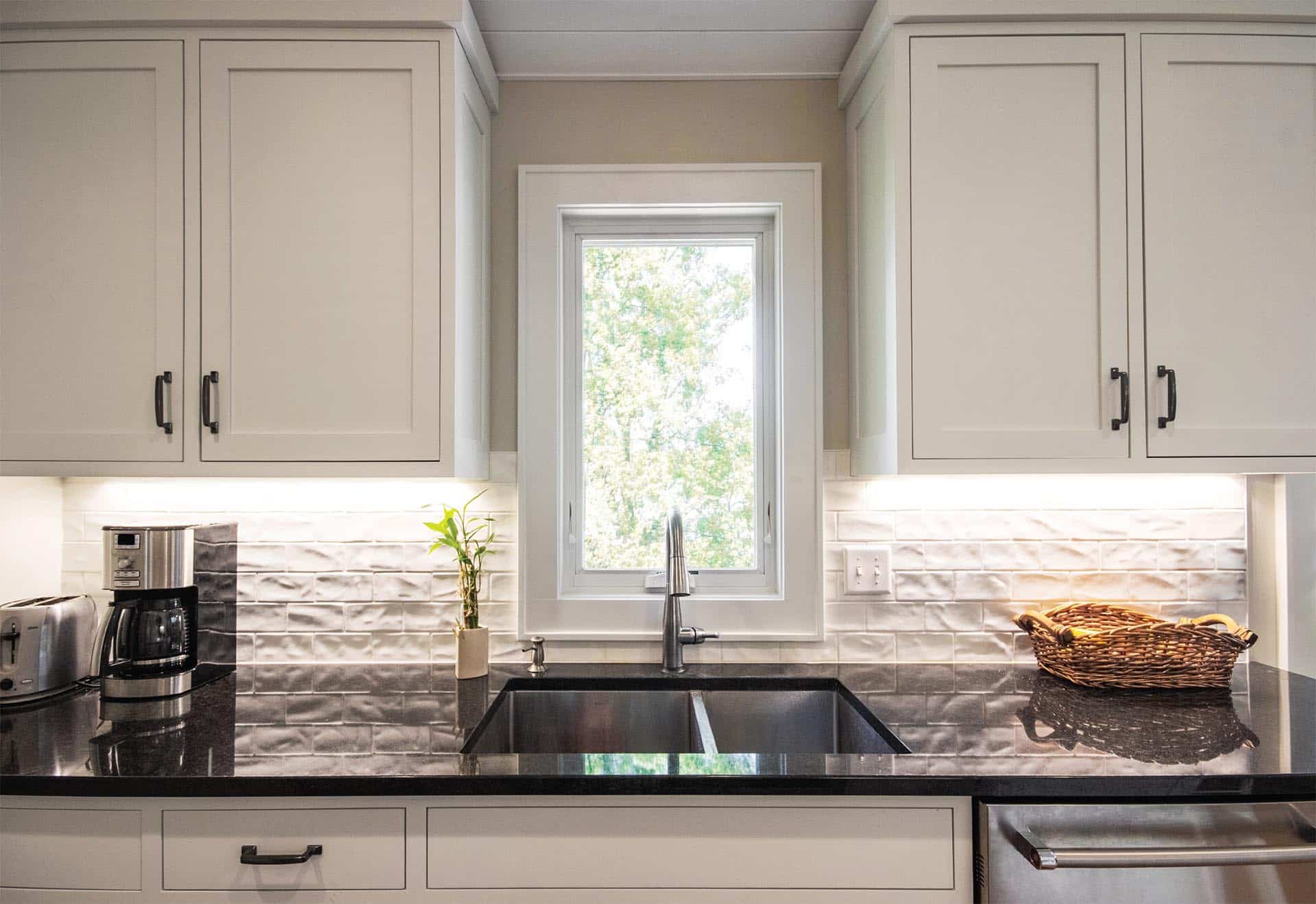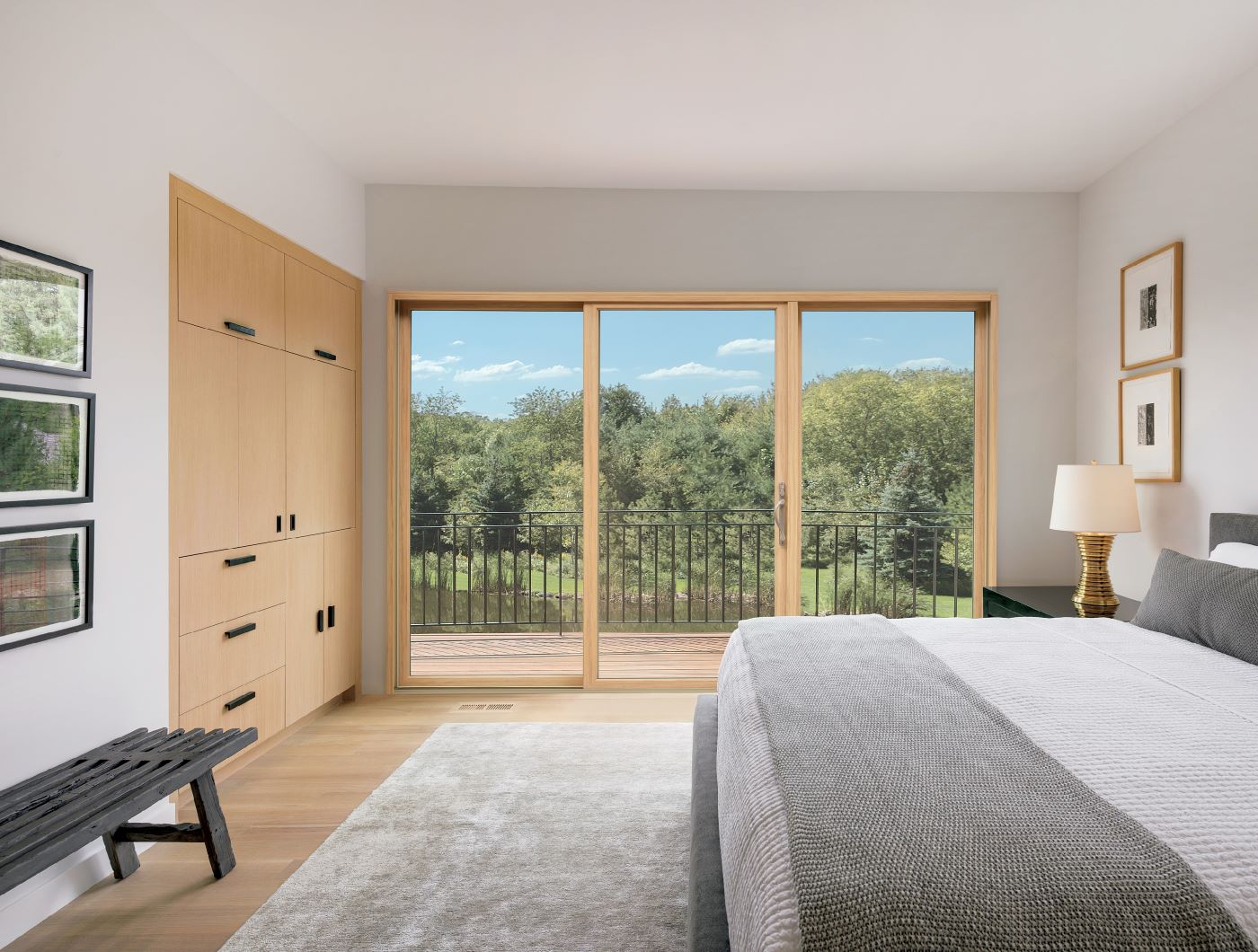How To Choose A Replacement Window
Window replacement involves lots of choices. Find out how to choose the best replacement window for your needs. Here’s the must-know information our COO, Andy Lindus, shared on a recent program.
Listen To The Entire Window Replacement Show Here:
Full Frame vs. Insert Windows
When it comes to home window replacement, it’s wise to understand the differences between full frame and insert windows. With insert window installation, only the operational aspects of the windows are replaced. The frame stays put. While insert windows are cheaper, they often have left homeowners feeling unsatisfied. One major reason for this is that insert windows installation often leaves less glass visible. This reduces the amount of natural light that enters a home. With full frame window replacement, a new trim package is installed. In addition, all the air and water infiltration issues can be fixed. These problems often have to do with a window’s frame.
See How Residential Windows Are Installed:
Style of Window
Another decision homeowners need to make about home window replacement is the style of window to install. This is because full frame window replacement allows homeowners to change from one style to another. Two popular windows are bay and bow windows. A bay window is a singular window that angles out. It cannot be opened or closed. Two operational windows are normally placed on each side of the window to allow for ventilation. A bow window curves out and typically has at least four operational casement windows.

Double vs. Triple Pane Windows
One of the factors to consider when buying new windows for your home is whether to install double or triple pane windows. Many homeowners wrongfully assume that triple pane windows are better than double pane windows. However, this is not always the case. In fact, the gas pack within a window has a lot to do with its energy efficiency. In many instances, double pane windows with wider glass packs, such as Infinity® From Marvin Windows can outperform triple pane windows.

Humidity Levels
For homeowners with window condensation, it can be easy to assume that the windows themselves have failed. However, condensation is often the result of incorrect levels of home humidity. That’s because condensation forms when warm, humid air meets a cold and smooth surface. The colder it is outside, the lower a home’s humidity needs to be. Windows are normally the coldest feature in a home which is why condensation can form on them when humidity levels are too high.

Sliding vs. Swinging Patio Doors
When it comes to patio door replacement, homeowners have the option to choose between sliding and swinging doors. Swinging doors tend to be more energy efficient. By contrast, sliding patio doors often frost up and leak air. In addition, sliding glass doors are prone to ice freezing in the tracks during the winter months.
For more information about our window replacement services, contact us today. Our team of window professionals is ready to serve you.
